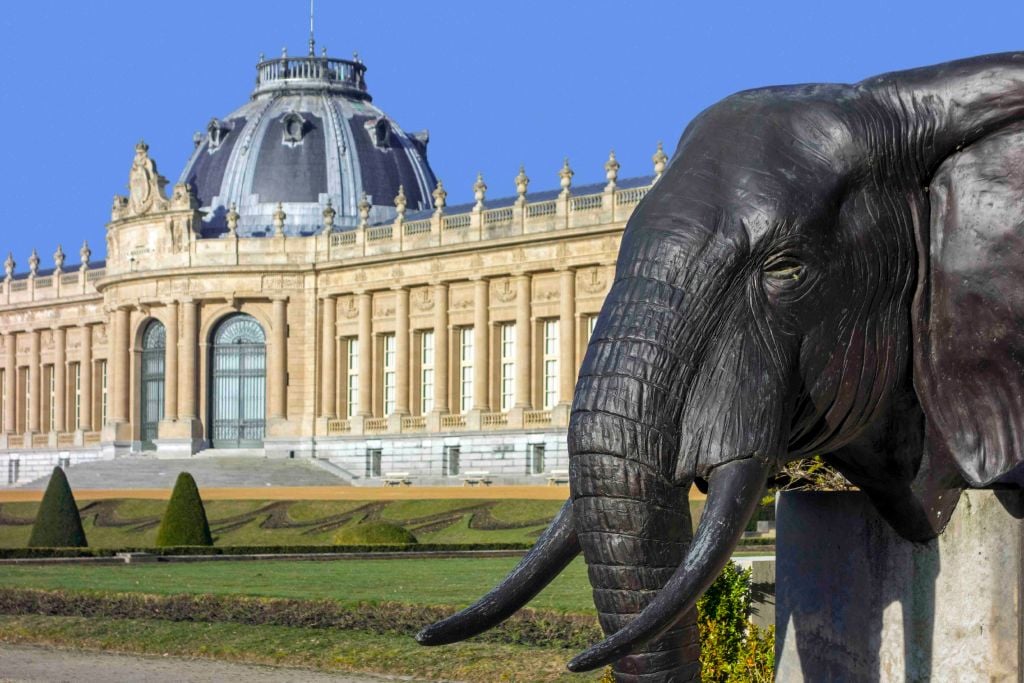
Concerned by what they say is the government’s lack of interest, a group of Belgian experts have drafted a set of restitution guidelines for dealing with the nation’s colonial collections.
Published yesterday, June 2, the 70-page document was co-authored by curators and scholars from institutions including the MAS Antwerp and the Royal Museum for Central Africa in Tervuren.
The document, which the authors hope will stimulate public debate and push officials to take concrete action, recommends a comprehensive investigation of objects in both public and private hands.
“Most of these collections have their origin in Belgian colonies,” the report’s authors write. “The trajectories these objects took are closely linked to the conquest, occupation, and colonization of the immense Central African region, 80 times the size of Belgium.”
During the peak of its empire, Belgium controlled what is now modern-day Congo until 1960. The rule was typified by state-sanctioned violence and looting, especially during the reign of King Leopold II.
At various points, Belgium also had missions in the present-day Democratic Republic of Congo, Rwanda, and Burundi between 1885 and 1962.
“Colonial collections were gathered in such contexts of deep structural inequality and must be critically examined,” the authors added.
“This injustice cannot be undone by acts of restitution alone, since these do not mitigate the impact of the cultural and societal damage caused by the removal of some of these objects,” the report said. “In other words, restitution is part of a wider reconciliation and reparation process.”
“The debate on how to deal with colonial collections and the issue of restitution has not taken off in Belgium in recent years, despite significant progress made in the surrounding European countries,” co-author Hein Vanhee told Artnet news, alluding to the official restitution reports issued by countries such as Germany, France, the Netherlands, and the U.K.
Last month, Germany announced that it would begin restituting the contested Benin Bronzes as soon as 2022.
In July, the Belgian government put forward a motion to create a special parliamentary commission to investigate the country’s colonial past, but few steps have since been taken.